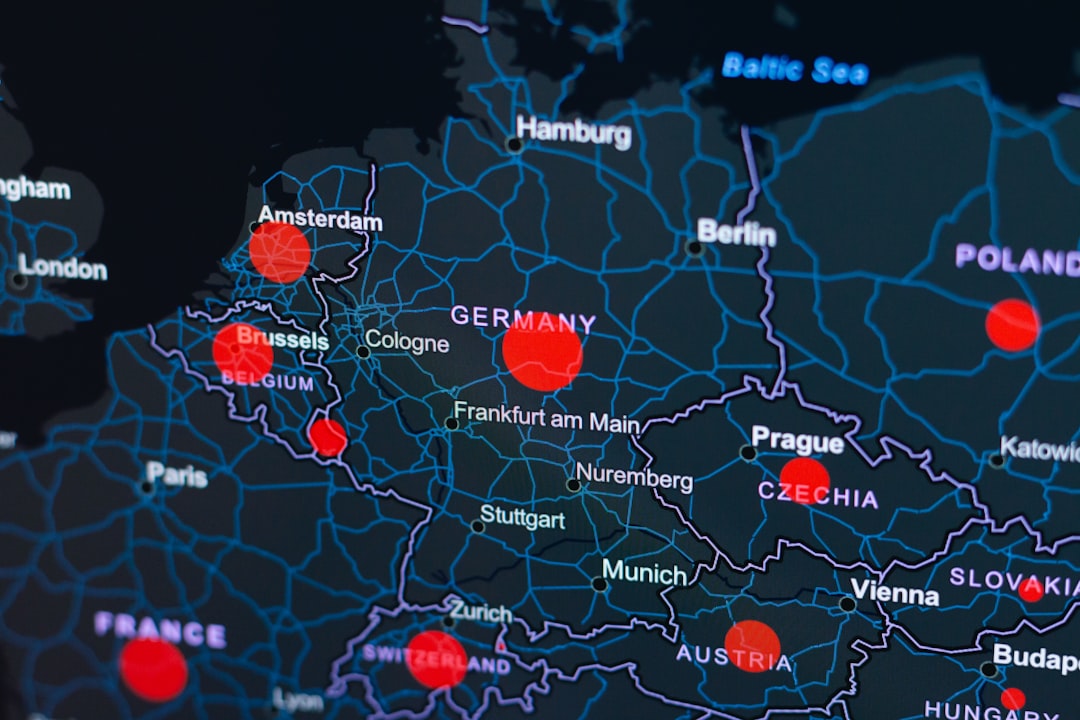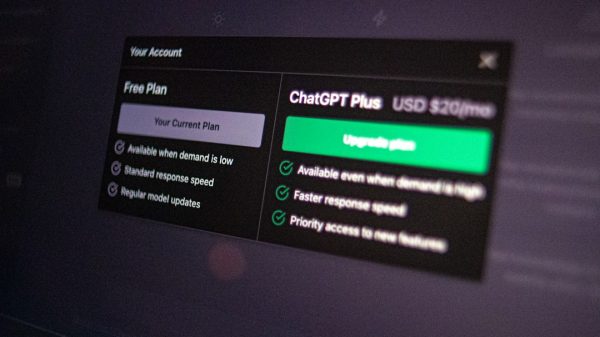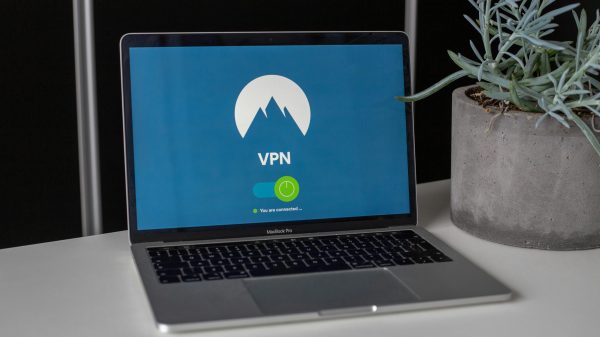Choosing the right tools is hard. Especially for Ops teams juggling uptime, performance, and security. When it comes to managing domains and websites, two names often pop up: Cloudflare and Namecheap. They both offer reliable services—but in different ways. Let’s break it down and have some fun while we’re at it!
So… What Are We Comparing?
Cloudflare and Namecheap may seem like apples and oranges. One’s known for top-tier performance optimizations, and the other’s a go-to for domain registration. But as your team scales, the decision becomes portfolio-level. That means thinking big: security, speed, reliability—and of course—budget.
This isn’t just about where to buy a domain or where to add a CDN. This is about whole fleets of services. Whether you’re in IT Ops or DevOps, your tools must work across ALL your digital assets—easily, securely, and affordably.
Let’s Meet the Challengers
- Cloudflare: A performance powerhouse. Offers CDN, DNS, DDoS protection, firewall, and more. Known to speed up and secure any website.
- Namecheap: A super popular domain registrar. Also provides hosting, DNS services, and basic security features. Cost-effective and easy to use.
Sounds like a fight brewing? You bet. But it’s not one-size-fits-all. Let’s split this into what really matters when managing domains at scale.
1. Domain Management
Handling dozens or even hundreds of domains? Read this part twice.
- Namecheap: This is where Namecheap shines. It’s simple, intuitive, and cheap. You can register new domains in seconds and organize them easily through a clean dashboard.
- Cloudflare: Cloudflare Registrar exists—and it’s secure and privacy-focused. But it’s limited. No upselling, which is cool, but also fewer options for names and pricing. You must use Cloudflare DNS if you register with them.
Winner for domain management alone? Namecheap. It feels like a toolkit designed for domain hoarders.
2. DNS Performance and Control
Your DNS setup can totally impact site speed and reliability.
- Cloudflare: Lightning-fast, globally-distributed DNS. They’re ranked among the fastest public DNS providers on the planet. Changes propagate super-quick with built-in security.
- Namecheap: Provides free DNS with domain purchases. It’s decent, but nowhere near Cloudflare’s scale or speed. Not ideal for high-volume or latency-sensitive apps.

If you manage mission-critical apps: Go Cloudflare. You’ll feel the difference in uptime and responsiveness.
3. Security Features
Ops teams lose sleep over DDoS attacks and bad actors. (Don’t worry, coffee is available.)
- Cloudflare: Come for the CDN, stay for the firewall. You get WAF, rate limiting, bot mitigation, and SSL—all baked in. Their free tier alone gives robust protection.
- Namecheap: Offers basic SSL, 2FA, and WhoisGuard for privacy. Great for individuals or small businesses. But advanced security? You’ll need to integrate other tools.
Cloudflare is the clear winner in this round, especially when handling enterprise-level threats.
4. CDN and Speed Optimization
This is where Cloudflare starts flexing hard.
- Cloudflare: With 100+ edge locations, your content loads super fast, anywhere. Add Argo Smart Routing, and things get even smoother.
- Namecheap: No native CDN. It integrates with third-party solutions but doesn’t provide performance optimizations out-of-the-box.

If speed and performance matter—and of course they do—Cloudflare is unbeatable here.
5. User Experience and UI
Simple is good. Especially when managing a boatload of domains.
- Namecheap: Easy on the eyes. Clean layouts, drag-and-drop DNS records, and bulk actions are all smooth. A good fit for time-strapped teams.
- Cloudflare: More power, but also more complexity. Still, their interface has improved a lot. With clear logs and advanced rules—if you can handle it.
Beginner-friendly? Namecheap. Feature-rich? Cloudflare. Depends on your team’s skill level.
6. API and Automation
Ops teams love automation. Manual configs break stuff. APIs save lives.
- Cloudflare: API-first design. You can do almost everything programmatically. Automate DNS, caching rules, firewall settings—you name it.
- Namecheap: Yes, they have an API. But it’s limited and dated. Not great for complex workflows or CI/CD integration.
If your team depends on IaC or Terraform: Cloudflare offers a smoother ride.
7. Pricing and Budget
Ah yes, the CFO’s favorite topic.
- Namecheap: Budget-friendly domain registration. Renewals are also cheap. Basic services are either free or heavily discounted.
- Cloudflare: Offers a generous free tier—especially for DNS and CDN. But some features (like Argo or load balancing) can get pricey over time.
For simple use cases, Namecheap wins on pricing. For performance-per-dollar, Cloudflare still delivers solid ROI.
8. Portfolio-Level Scale
This is where things get spicy. Running 1 site is easy. Running 100 is… complex.
Your tools must scale with you. Think: tracking DNS changes across 50 domains. Or applying security rules globally—in seconds.
- Cloudflare: Built for scale. One dashboard to manage everything. Global page rules. Teams love the shared access features and logs.
- Namecheap: Great for managing lots of domains—but not built for enterprise server networks. You’ll need to use Cloudflare in combo for advanced use anyway.

Final Verdict
Let’s wrap it up with a quick summary.
- Use Namecheap if your team:
- Wants low-cost, easy domain registration
- Is managing a smaller or mid-sized domain portfolio
- Doesn’t need advanced DNS or security features
- Use Cloudflare if your team:
- Deals with high-traffic websites or apps
- Needs top-tier DNS, CDN, and security
- Manages domains at scale and wants automation
The Pro Tip? Use both. Register domains with Namecheap, then plug them into Cloudflare for speed and security. This hybrid model offers the best of both worlds.
Whatever you choose, make sure your stack grows with your portfolio. And never underestimate the power of a good dashboard on a stressful Monday morning.
Happy deploying!


































